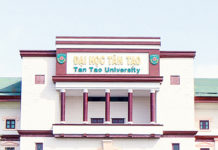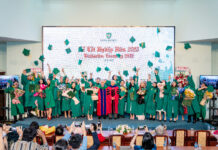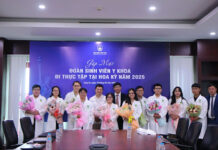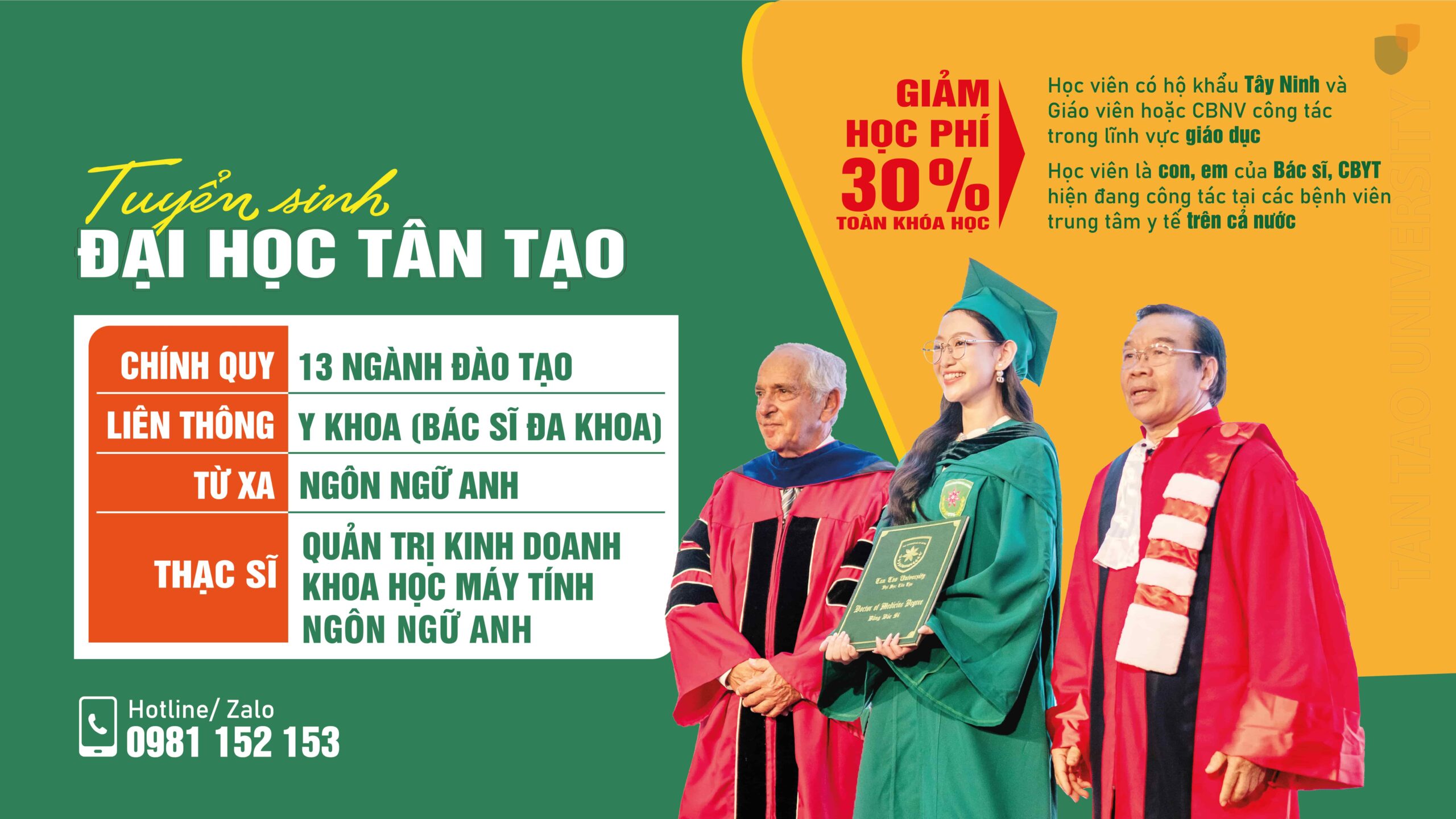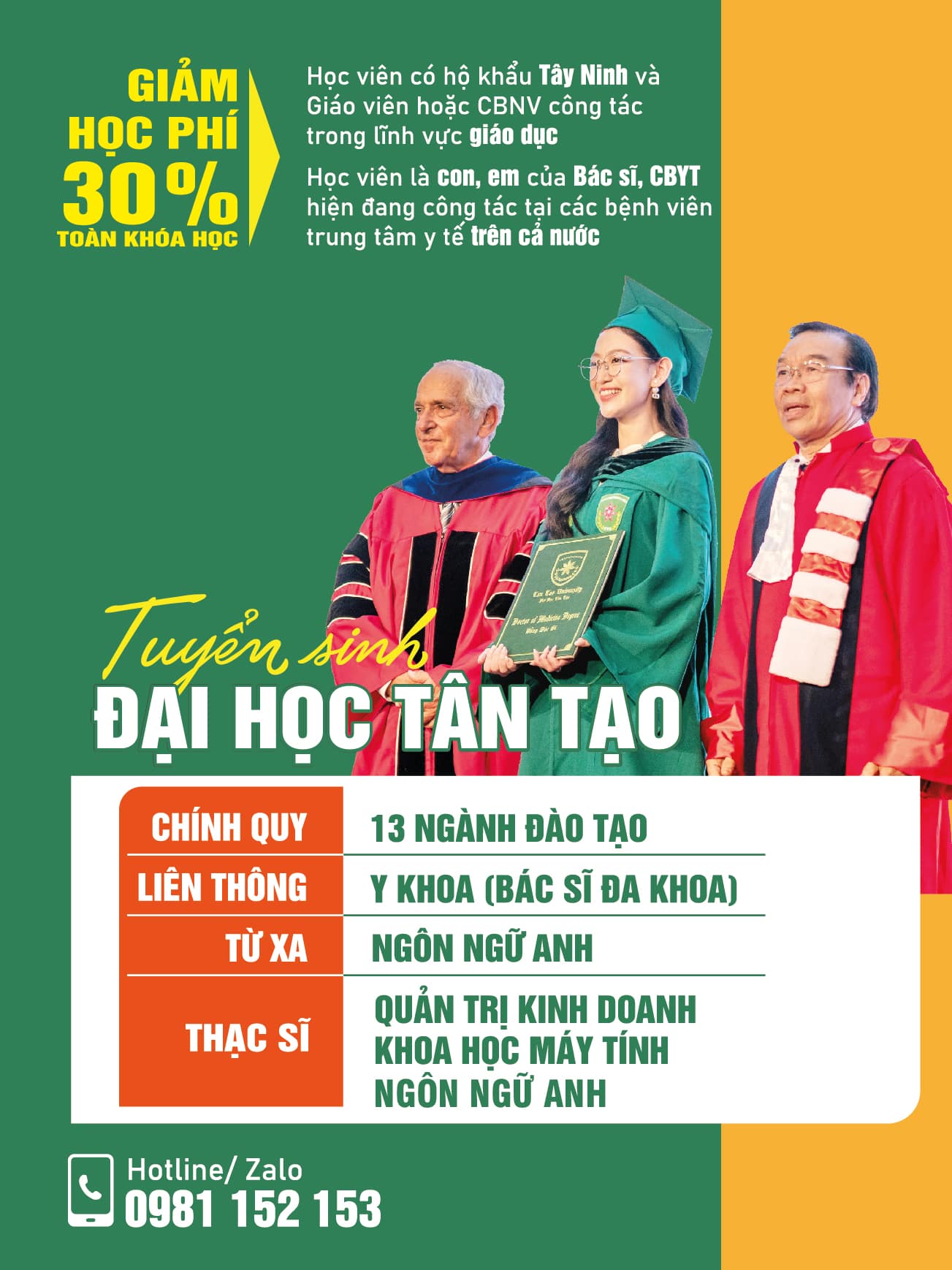Section 1: Powers and Duties of the Faculty Senate
The Faculty Senate of Tan Tao University shall have those powers and duties which have been or which may be delegated to it by the Board of Governors of Tan Tao University and by the faculty of Tan Tao University.
The Faculty Senate replaces the Faculty Council. Any reference in University bylaws, policy and procedure to Faculty Council bylaws and procedure shall be understood as referring to the superseding Faculty Senate constitution and bylaws.
This Constitution is rooted in an understanding that the responsibility and authority for the operation of the University are vested in the Office of the President. The effectiveness of the President’s leadership rests upon his or her knowledge of the needs and concerns of the University community, his or her ability to make the wisest decisions within the range of feasible options, and his or her ability to elicit the confidence and support of various elements of the University in implementing these decisions. To these ends, this Constitution seeks to establish a pattern of consultation between the President and faculty through a representative structure. This pattern is not exclusive and should not preclude decisions and actions by the President in some situations.
Section 2: The Membership of the Senate and Faculty Eligibility for Voting
The Faculty Senate will be a representative body of the University Faculty. It will consist of twelve members: Eight elected members, two members appointed by the President, and the President and the Provost, who areex officio, non-voting members. No person shall concurrently hold more than one Senate seat. Administrators at the level of dean or above may not stand for election to the Senate.
Six members are to be, and elected by, faculty holding tenured or tenure-track appointments in the Schools, voting in their respective schools. No more than two Senators elected under the provisions of this paragraph shall have primary appointments in the same department. The number of representatives elected by each School shall be based on the proportionate number of tenure-track faculty appointments in each School as determined by the Senate every FIVE years.
One member is to be, and elected by, faculty holding tenured or tenure-track appointments in the School of Business.
One member is to be, and elected by, faculty holding tenured or tenure-track appointments in the School of Medicine.
One member is to be, and elected by, faculty holding tenured or tenure-track appointments in the School of Humanities.
One member is to be, and elected by, faculty holding tenured or tenure-track appointments in the School of Bio-Technology.
One member is to be, and elected by, faculty holding tenured or tenure-track appointments in the Natural Science.
Subsequently, the cycle shall repeat. The full term for this seat shall be one year.
One member is to be, and elected by, benefits-eligible faculty holding non-tenured, non-tenure track teaching appointments at the ranks of instructor, lecturer at any rank, artist-teacher, associate professor, or professor in the practice, excepting adjunct, visiting, and post-doctoral appointees. No more than one representative may come from one school.
One member is to be, and elected by, faculty holding non-tenured and non-tenure track research appointments at the ranks of faculty fellow, senior faculty fellow and distinguished faculty fellow.
Section 3: Elections
Elections for the Senate will be held annually in the spring for terms beginning in the following academic year. Terms shall be staggered such that approximately one-third of the members will be elected each year. Senate terms will normally be for three years, but may occasionally be adjusted to rebalance the staggering of terms. The seat that rotates between the School of Business, the School of Engineering, and the Department of Natural Science shall have a term of one year. No Senator may serve more than seven consecutive years in the Senate. Any vacant seats will be filled by appointment by the Speaker with approval of the Senate. Such appointments will last until the seat is filled for a new term at the next regularly scheduled election. The Senate shall adopt procedures for the efficient and fair conduct of elections under the provisions of this Constitution.
Section 4: Bylaws and Organization of the Senate
The Senate shall adopt its own Bylaws containing procedures for choosing a Speaker and Deputy Speaker from among its elected members, for further organizing itself, and for conducting its business. The Bylaws must also contain regular and usual procedures by which any member of the university community may, in a timely manner, obtain the schedule, agenda, and minutes of Senate meetings and may attend Senate meetings. Further, the Senate Bylaws must contain regular and usual procedures by which any faculty member may address the Senate concerning matters on the Senate’s agenda and may, acting with twenty-four other faculty members, place an item on the agenda of the Senate. In the case of any conflict between the provisions of the Bylaws and this Constitution, this Constitution will prevail.
Section 5: Plenary Meetings of the Faculty
The Speaker will invite the President to make a “State of the University” address to the University Faculty each year. Each academic year on the day prior to Spring Commencement, the Speaker will convene a regular plenary meeting of the University Faculty to receive reports from the President, the Examinations and Standing Committee, and the Registrar and to approve the candidates for graduation. A similar regular plenary meeting of the University Faculty will be convened by the Speaker to approve the candidates for graduation in January or February. The Speaker, with the approval of the Executive Committee, or the President may call additional regular meetings of the University Faculty in plenary session. These regular meetings will be chaired by the Speaker. These regular meetings would be intended as sounding boards on important, transcendent issues affecting the University. Any votes taken at such regular meetings would be advisory to the Senate. The agenda of such regular meetings will normally be distributed to all Faculty at least two weeks in advance of the meeting.
In addition, a petition signed by 50 voting members of the faculty shall require the Speaker to convene a special meeting of the University Faculty in plenary session to discuss a specific matter. If the voting members of the faculty present at this special plenary session pass a motion, it will be submitted to the entire faculty for a vote. In such cases, voting on the matter will be carried out by ballots distributed to the entire voting faculty. The outcome of such a ballot vote of the entire voting faculty takes precedence over votes of the Senate in case of conflicts. The Senate may not amend the procedures outlined in this paragraph.
In plenary sessions, the voting faculty comprises all those who can vote in Senate elections and are either (i) tenured and tenure track faculty; or (ii) research faculty; or (iii) non-tenure track faculty who teach at least three courses per academic year and are on a two semester annual or longer appointment; or (iv) any other faculty classified as benefits eligible. All voting faculty may vote on all matters brought before the session.
Section 6: Amendments to the Constitution
Any three Senators may submit proposed amendments to this Constitution to the Speaker. Any amendment thus submitted to the Speaker will appear on the agenda of either the next regularly scheduled Senate meeting or the one after that. Any proposed amendment approved by two-thirds of the voting membership of the Senate shall be adopted.



